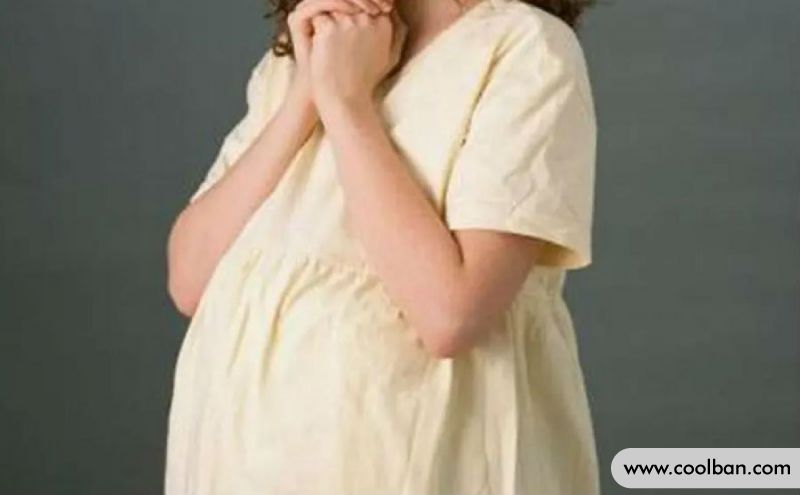How to deal with bleeding hemorrhoids during pregnancy? Will it affect the fetus?
What to do with hemorrhoids in pregnant women during pregnancy
Method 1: Apply cold packs to the hemorrhoid site several times a day. Make sure the ice pack is soft where it comes in contact with your skin to help reduce swelling and discomfort.
Method 2: Find a bidet and dip your butt in warm water. You can buy a bidet at your local pharmacy or medical device store, or you can pour warm water into a regular plastic tub, but make sure to keep it clean. Hot and cold therapy can be used alternately when taking a sitz bath. After the ice pack, take a warm sitz bath.
Method 3: After each bowel movement, wipe thoroughly with soft, odorless, clean toilet paper, but use gentle movements. Colored, scented toilet paper can easily irritate the skin and are best avoided. You can also lightly moisten a paper towel. Wet wipes are more comfortable than regular toilet paper.

What to do with bleeding hemorrhoids in pregnant women?
During pregnancy, pregnant women often suffer from hemorrhoids due to the compression of the pelvic veins, which blocks blood circulation. With hemorrhoids, the walls of the swollen, twisted veins in the anus become so thin that they can easily rupture during a bowel movement, causing bleeding.
Internal hemorrhoids are hemorrhoids that grow at the beginning of the anal canal. If the dilated vein is further down, almost at the opening of the anal canal, the dilated vein is called an external hemorrhoid. External hemorrhoids sometimes protrude or protrude outside the opening of the anal canal. But this only happens during a bowel movement, after which it retracts into its original position. Thrombosis can occur in both internal and external hemorrhoids. When a blood clot occurs, the blood in the hemorrhoid can clot, causing pain.
When pregnant hemorrhoids bleed, due to the contraindication of medication, it is best to relieve the symptoms through diet and nursing. Eat more high-fiber foods, avoid alcohol and irritating foods, prevent constipation, eat more fruits, vegetables, honey and milk, develop good toilet habits, take laxatives if necessary, and use the toilet as soon as possible. Best to consult a doctor before.
In addition, patients should avoid standing and squatting for a long time, and do more exercises for anal contraction and relaxation. Do not rub the anus hard after defecation, rinse the anus with warm water, and take a sitz bath with warm water, which can promote blood flow and smooth the lesions.

The harm of hemorrhoids in pregnant women to the fetus
Hemorrhoids in pregnant women generally appear in the third trimester between 28 and 36 weeks, especially one week before childbirth, constipation will occur, leading to local varicose veins and the formation of hemorrhoids. This is because during pregnancy: the blood supply to the pelvis increases, and as the fetus grows, the uterus also expands, which in turn compresses the veins and blocks the return of blood. In addition, pelvic tissue loosens during pregnancy, further promoting the occurrence and worsening of hemorrhoids.
In addition, blood stasis due to the pressure of the rectum and anus by the uterus can also lead to the occurrence of hemorrhoids. Moreover, if the hemorrhoids of pregnant women are not improved for a long time, it will cause different degrees of anemia, thus affecting the normal development of the fetus.
At the same time, in addition to easily causing hemorrhoids in pregnant women, poor defecation can also cause human waste to stay in the intestines. Over time, the water in the metabolites in the body evaporates, making it more difficult to excrete from the body. At the same time, some toxins will be released, and the metabolites that should be excreted are absorbed by the body, which may lead to poisoning. This can cause great harm to the pregnant woman and the fetus.
